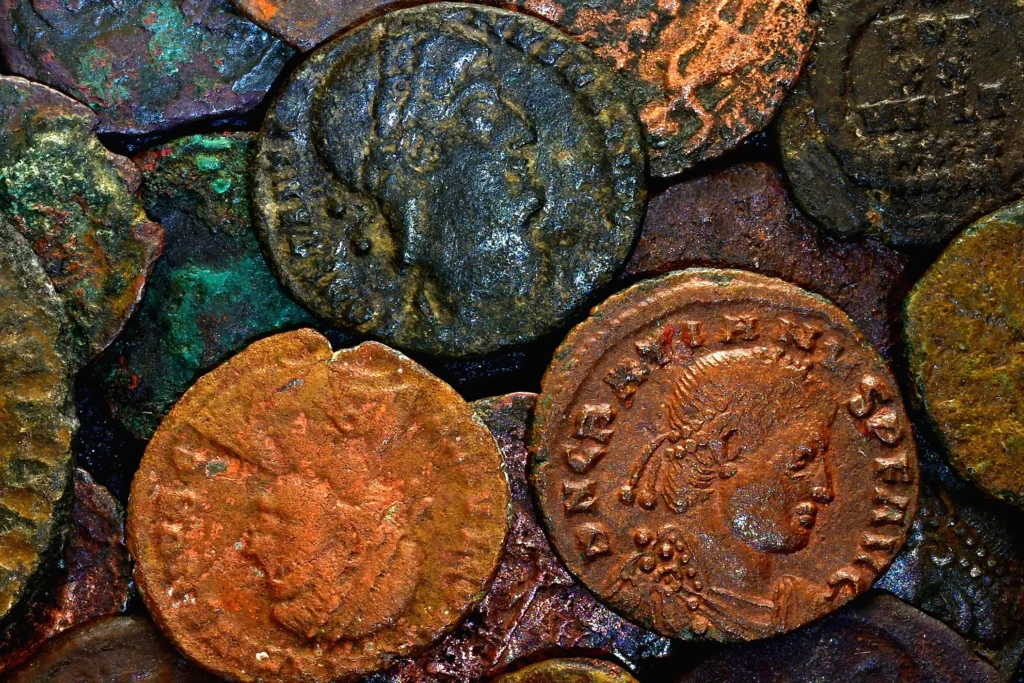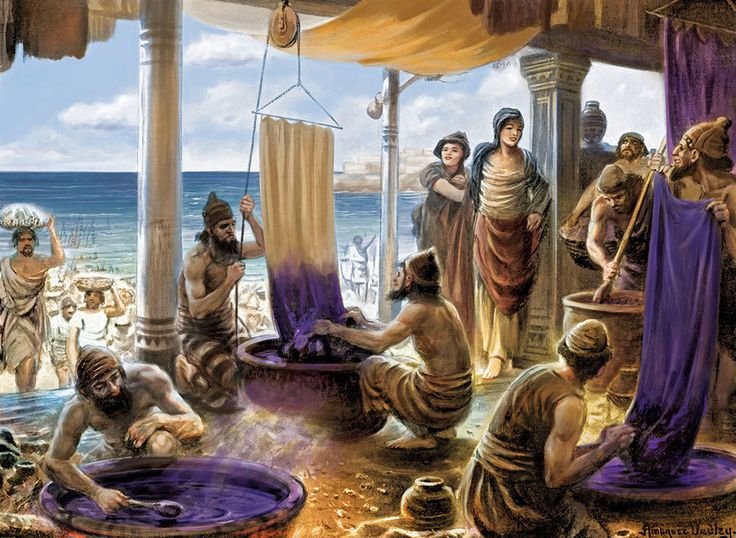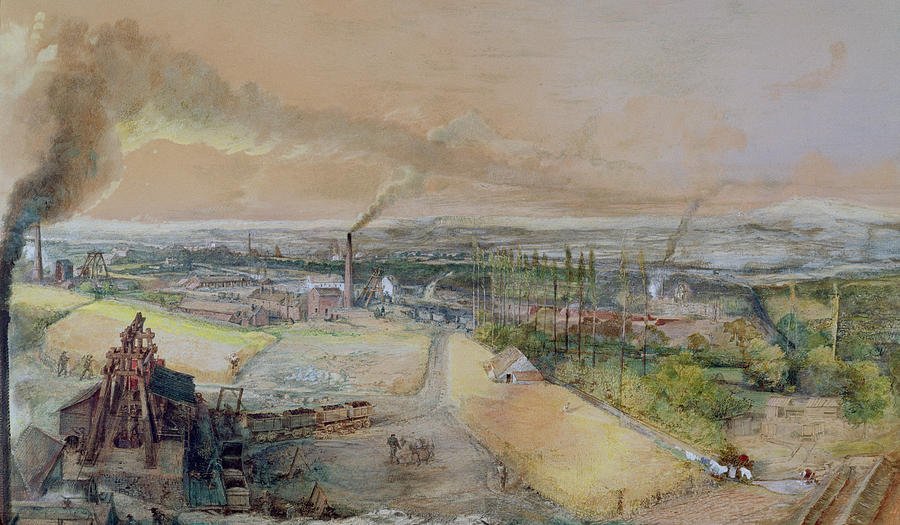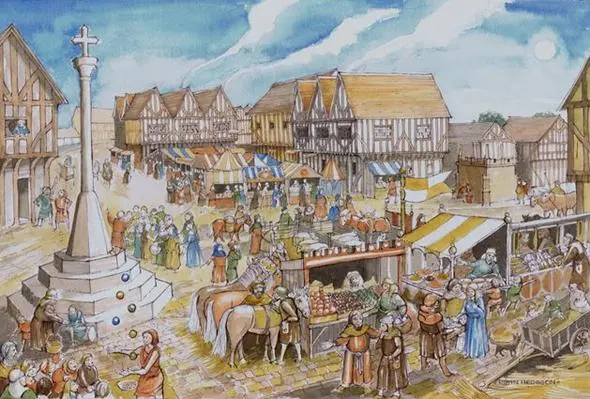Introduction
Economic development is a captivating journey that has shaped human civilization. From ancient civilizations engaging in barter trade to the modern digital age, the evolution of economies has left an indelible mark on our world.
This article takes you on a comprehensive exploration of the history of economic development, unraveling its significant milestones and providing insights into its future trajectory.
Barter Trade: The Art of Direct Exchange
In ancient times, barter trade was the prevalent method of exchange, where individuals directly swapped goods and services. It emerged as a practical solution for meeting needs and acquiring desired items within communities. However, barter trade faced challenges. The absence of a standardized value system made it difficult to determine the relative worth of different goods, and finding parties with mutually desired items was often a hurdle.
The introduction of coins revolutionized economic activities, particularly during ancient Greece. Coins served as a standardized medium of exchange, facilitating more efficient transactions. With their uniform value and widespread acceptance, coins stimulated increased trade and economic growth.
The establishment of coinage and currency systems provided a crucial foundation for the development of complex economies, enabling smoother exchanges and paving the way for future advancements in trade and commerce.

Ancient Trade Networks
Ancient civilizations, like the Phoenicians, developed extensive trade networks that facilitated the exchange of goods across vast distances. The Phoenicians were renowned seafarers who played a significant role in Mediterranean trade. Their ships sailed far and wide, connecting different regions and cultures through commerce. Additionally, the Silk Road, a renowned trade route, played a crucial role in linking the East and West. It fostered cultural exchange and enabled the trade of valuable commodities, such as silk, spices, and precious metals.
During the Age of Exploration, maritime empires like the Portuguese and the Spanish sought new trade routes to expand their economic influence. These empires ventured into uncharted waters, establishing colonies and trading posts around the world.
The exploration led to the discovery of valuable resources, such as gold, silver, and exotic goods, which fueled economic growth. The establishment of colonies provided access to abundant natural resources and served as lucrative trade hubs.

Industrial Revolution: A Turning Point
The Industrial Revolution stands as a pivotal moment in history, marking the transition from agrarian societies to industrialized economies. Technological breakthroughs played a central role in this transformation. The invention of the steam engine revolutionized transportation and powered machinery, leading to the mechanization of production processes. Factories emerged as centers of mass production, employing new manufacturing methods.
The Industrial Revolution had far-reaching social and economic implications. Urbanization became a defining characteristic as people migrated from rural areas to cities in search of employment opportunities in factories. The rise of capitalism and the factory system reshaped social structures and economic relationships. The division of labor, specialization, and the accumulation of wealth became prominent features of this new industrial society.
The Industrial Revolution propelled economic growth and fueled unprecedented technological advancements, laying the foundation for modern industrial economies and shaping the world as we know it today.

Globalization and the Digital Age
Globalization, the integration of markets and economies on a global scale, has been propelled by the advancements of the digital age. The rise of telecommunications and the internet has revolutionized the way people communicate, conduct business, and exchange information across borders.
Globalization has opened up new opportunities for trade and investment, allowing businesses to expand their reach beyond national boundaries. Multinational corporations have emerged as key players in the global economy, leveraging technology to establish global supply chains and access new consumer markets. Trade liberalization agreements have further facilitated the flow of goods and services across borders.
The digital age has accelerated the pace of globalization. E-commerce platforms have enabled businesses and consumers to engage in online transactions seamlessly. The sharing economy has transformed industries such as transportation and accommodation, fostering peer-to-peer exchanges facilitated by digital platforms.
However, globalization and the digital age have also raised concerns. The unequal distribution of benefits, the displacement of traditional industries, and the potential for data privacy breaches are among the challenges that need to be addressed.

Conclusion
The journey of economic development spans centuries, driven by human innovation and the pursuit of progress. From barter trade to the modern era of blockchain and digital transactions, economic systems have adapted and evolved.
As we move forward, it is crucial to navigate the challenges and opportunities brought by technological advancements, sustainability concerns, and social inclusivity to ensure a prosperous future for all.




